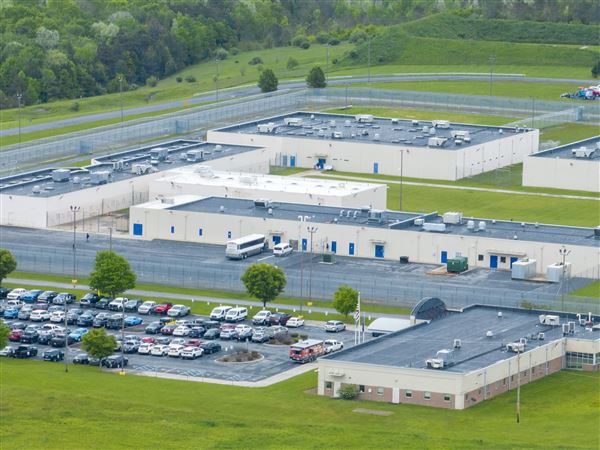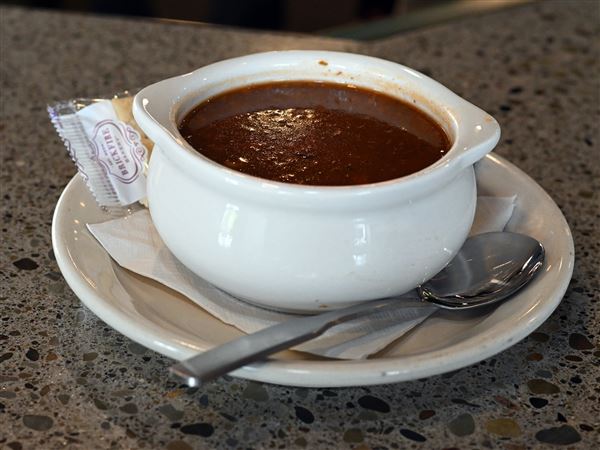Thousands of Community College of Allegheny County students got a temporary reprieve yesterday as the budget-strained school tabled plans to impose a 3 percent tuition increase next year.
But even as the college delayed the vote, its leaders presented more sobering news about the school's current finances.
Despite mid-year spending curbs now in place, CCAC expects to end the fiscal year June 30 with an operating shortfall of "several hundred thousand dollars," according to Joseph Calig, CCAC's chief financial officer.
Closing the gap will mean further belt tightening and, perhaps, additional job cuts into next year, said CCAC President Stewart Sutin.
During a meeting yesterday, CCAC trustees and Dr. Sutin took a significant step forward in their future ambitions for the college as the board approved a five-year strategic plan intended to strengthen the college in areas from student retention to workforce development to academic excellence.
But those leaders continued to puzzle over a more immediate worry: How to handle sharply rising operating costs, stagnant government aid and a 4 percent enrollment decline this year.
In November, facing a $1.5 million shortfall, Dr. Sutin announced travel curbs and other cuts equal to nearly 2 percent of the college's $89 million budget. A month later, CCAC terminated five employees. So far, Mr. Calig said the school has trimmed the shortfall by $250,000 to $300,000 but needs more savings into the new fiscal year starting in July.
"That's one of the goals of the budget process that is just beginning," he told the trustees' finance committee. "We're looking to find places where we have either excess staffing or some costs that can be cut."
The average class size of 20 could be increased, perhaps to 21 or 22 students, he said.
Administrators had recommended raising by 3 percent the $1,920 yearly tuition. But the finance committee tabled the idea until March or May after James Flynn, county manager appointed to the board last fall by county Chief Executive Dan Onorato, suggested more savings be identified.
Given that CCAC raised tuition by 8 percent and 3 percent the last two years, and that it reported a $2.3 million surplus only a year ago, Mr. Flynn said, "I'm not too comfortable [raising tuition]. Let's go back and take a look at the budget and get really creative."
The college's strategic plan for 2006 through 2111, presented yesterday, resulted from 14 months of work. Its vision, goals and methods to measure effectiveness will be followed this spring by other major planning documents including a facilities plan. One objective of the strategic plan is already taking shape: a new Entrepreneur Institute intended to promote growth of small businesses.
"The focus on results, such as student success, will be supported by a vibrant management process," Dr. Sutin pledged in the strategic plan's introduction.
First Published: February 14, 2006, 5:00 a.m.















